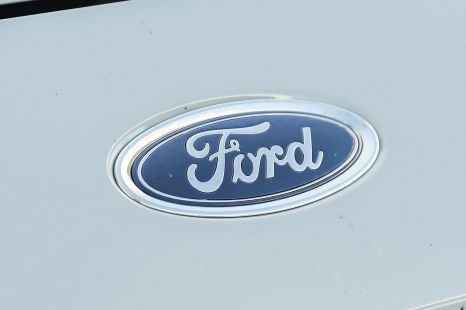

Derek Fung
Ford held partnership talks with Geely, Xiaomi, BYD - reports
2 Hours Ago
Fines for speeding, running a red light and not wearing a seat belt will increase in Queensland from July 1, 2022.

News Editor
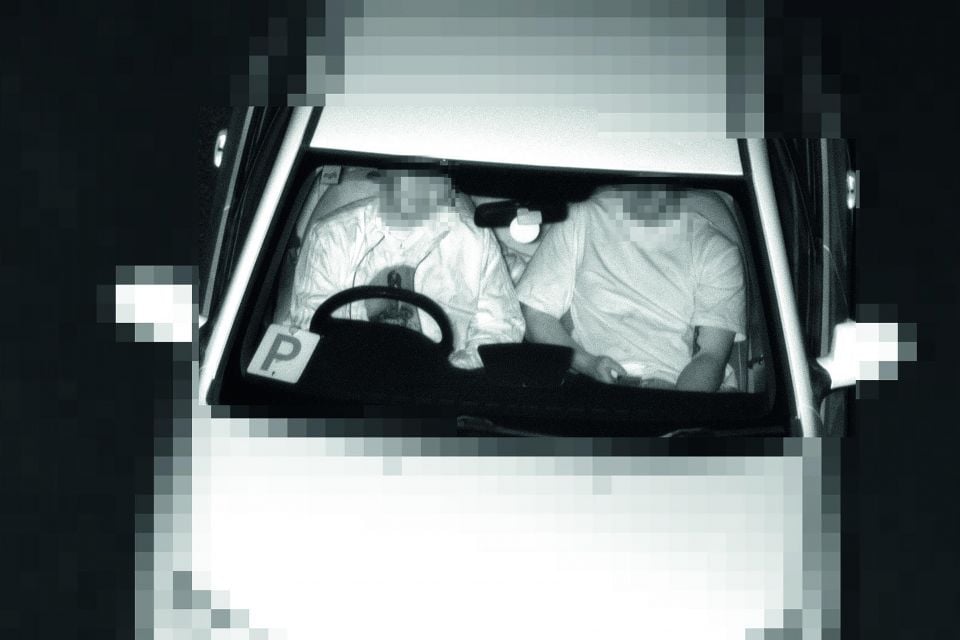

News Editor
If you get caught speeding, driving without a seatbelt or running a red light in Queensland, you’re now looking at a larger fine.
Tougher penalties come into effect from July 1, 2022.
After switching on phone detection cameras permanently last year which also scan cars for occupants not wearing a seatbelt, the Queensland Government has more than doubled the penalty for front-seat occupants caught not belting up.
Instead of a $413 fine and three demerit points, offenders will now be fined $1078 and four demerit points.
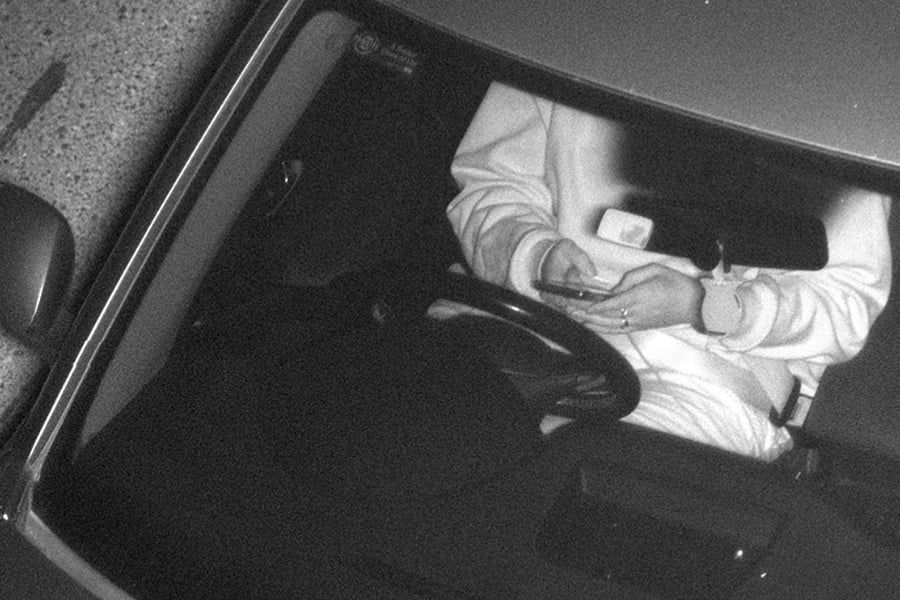
That essentially aligns it with the $1033 penalty for using a mobile phone while driving in Queensland.
You’ll still get three demerit points for running a red, but the fine has been increased from $413 to $575.
The Government is also increasing penalties for speeding.
There’ll be a $287 fine for exceeding the speed limit by between 1-10km/h, though it’ll still be a single demerit point. It’s currently $183 and the bracket is up to 12km/h.
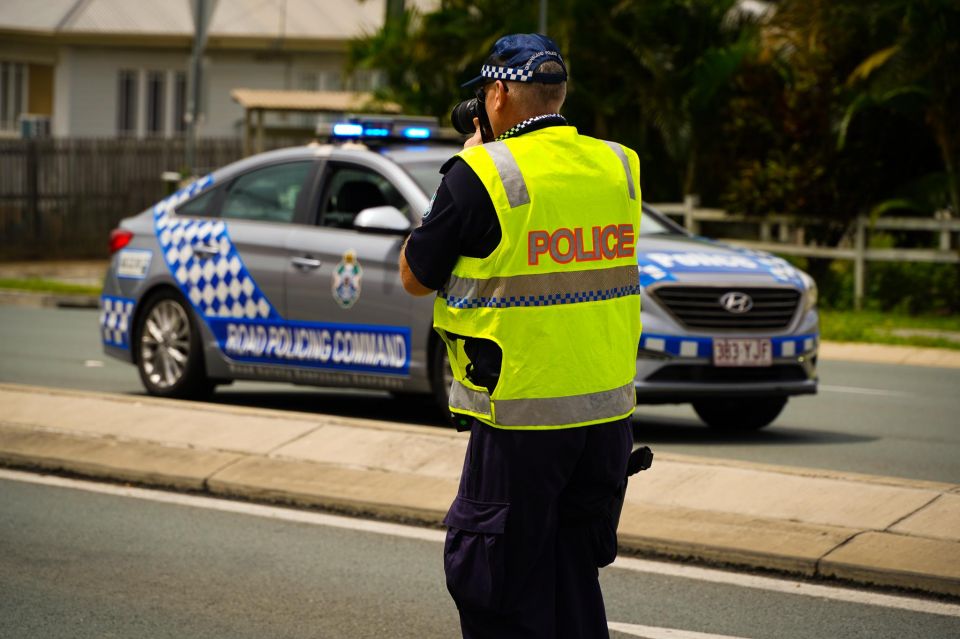
Likewise, exceeding the limit by 11-20km/h (instead of 13-20km/h) will get you a fine of $431 and three demerit points, up from $275 and three demerit points.
The other brackets are unchanged, as are the corresponding demerit point amounts, but the penalties are up as follows:
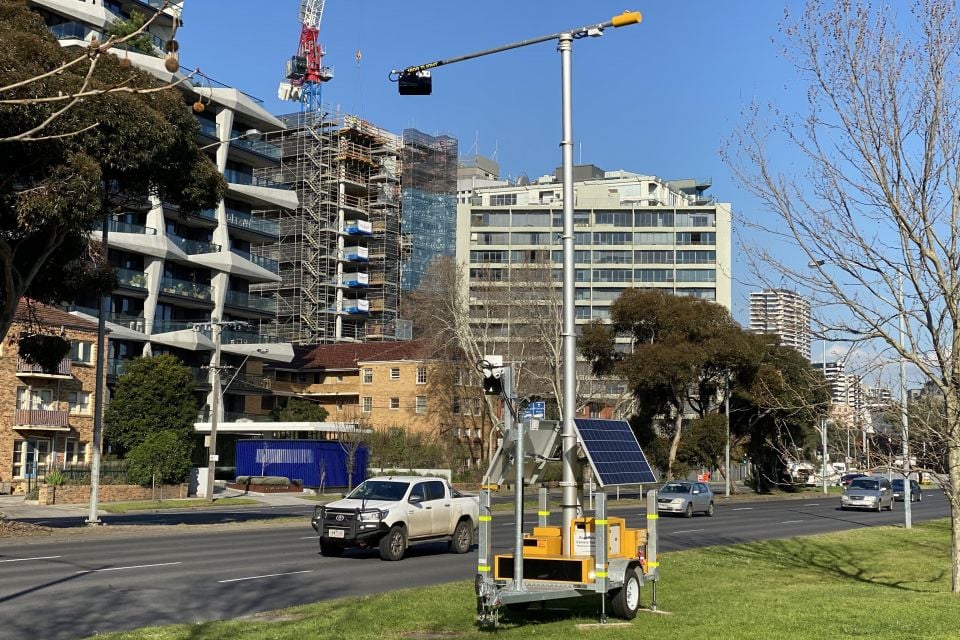
In the first four months of the new mobile phone and seatbelt detection cameras going live, almost 14,000 seatbelt offences were recorded.
“We’ve been educating drivers on the importance of seatbelts for 50 years, but somehow the message didn’t get through to almost 14,000 people, so it’s time to get tough,” said Transport and Main Roads Minister Mark Bailey.
“We make no apologies for being tough on this reckless and dangerous behaviour, just like we did for mobile phone offences.”
The road death toll for Queensland is currently sitting at 81 people in 2022.
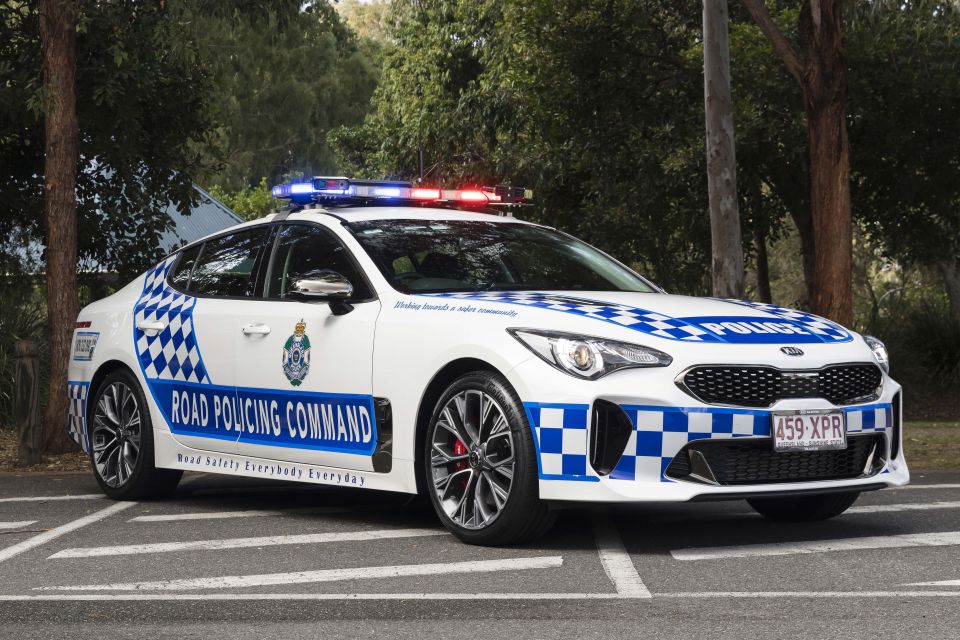
The changes in penalties are part of the new Queensland Road Safety Strategy 2022-31 announced yesterday, with a vision to having zero road deaths and serious injuries by 2050.
Before then, it wants to reduce fatalities by 50 per cent by 2031 and serious injuries on the road by 30 per cent by 2031.
The strategy is being delivered in three phases, with the first being the Queensland Road Safety Action Plan 2022-24.
The Queensland Government says “every cent” collected from the fines will be re-invested into road safety, citing $1.7 billion spent so far this year in road safety upgrades, improved driver education, and other initiatives to make school zones safer and develop policies to reduce road crashes and trauma.
The first phase of the strategy includes plans to trial Rural Intersection Activated Warning Signs, deploy “smarter solutions” for monitoring driver fatigue, further develop camera technology to pick up risky behaviours, and review existing speed limits.
The Government also wants to explore mandatory telematics technology for heavy vehicles and look at reducing the age of the Queensland fleet, including a potential pilot of “targeted safe vehicle access programs” for young, older and low-income people.
The current average vehicle age in Queensland is 10.4 years.
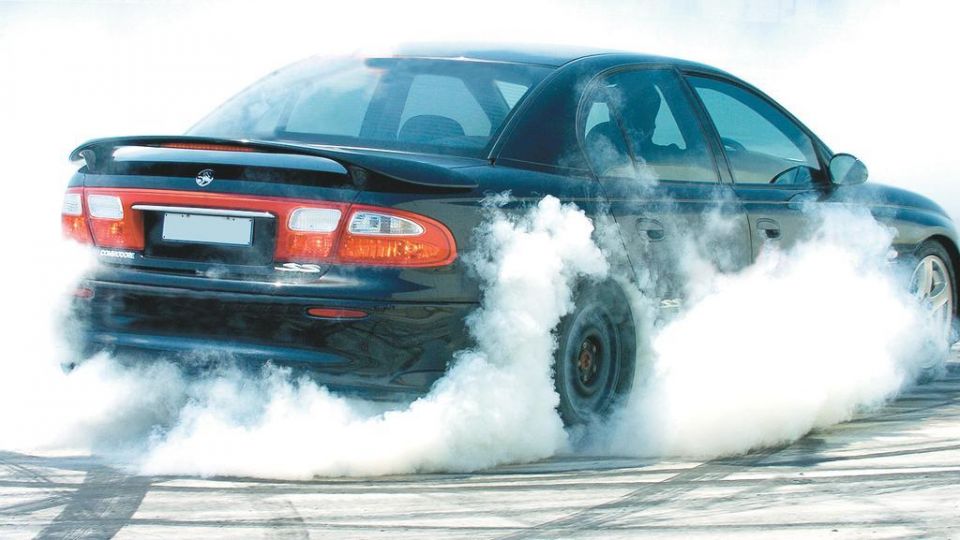
The first phase of the strategy also includes “using open data sources to target specific cohorts of road users”, better known as “dob in a hoon”.
The Government also plans to roll out more fixed and portable, 24/7 mobile phone and seat belt detection cameras, including in rural and regional areas.
Between November 1 and December 31, 2021, 20,500 infringement notices were issued for these offences, the lion’s share (14,800) for mobile phone use.
MORE: Queensland wants you to ‘dob in a hoon’ using its new online portal MORE: Queensland’s permanent phone detection cameras are online MORE: Queensland’s mobile phone rule changes explained
William Stopford is an automotive journalist with a passion for mainstream cars, automotive history and overseas auto markets.


Derek Fung
2 Hours Ago
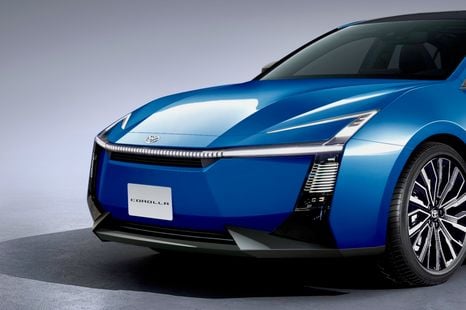

Ben Zachariah
1 Day Ago
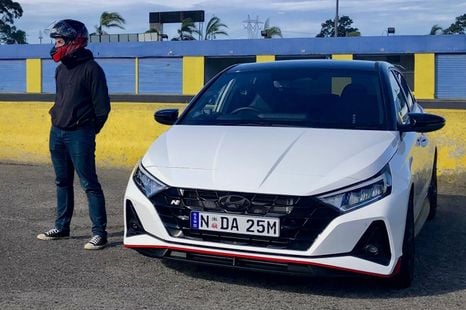

Max Davies
1 Day Ago
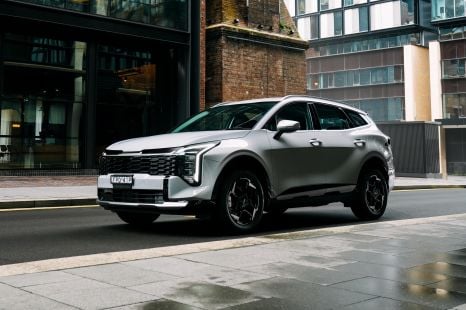

James Wong
1 Day Ago
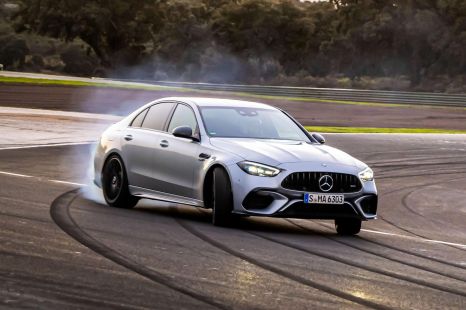

Derek Fung
1 Day Ago
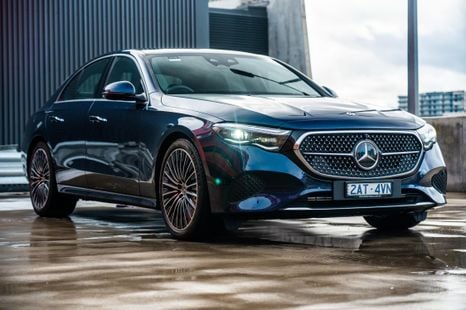

Josh Nevett
1 Day Ago